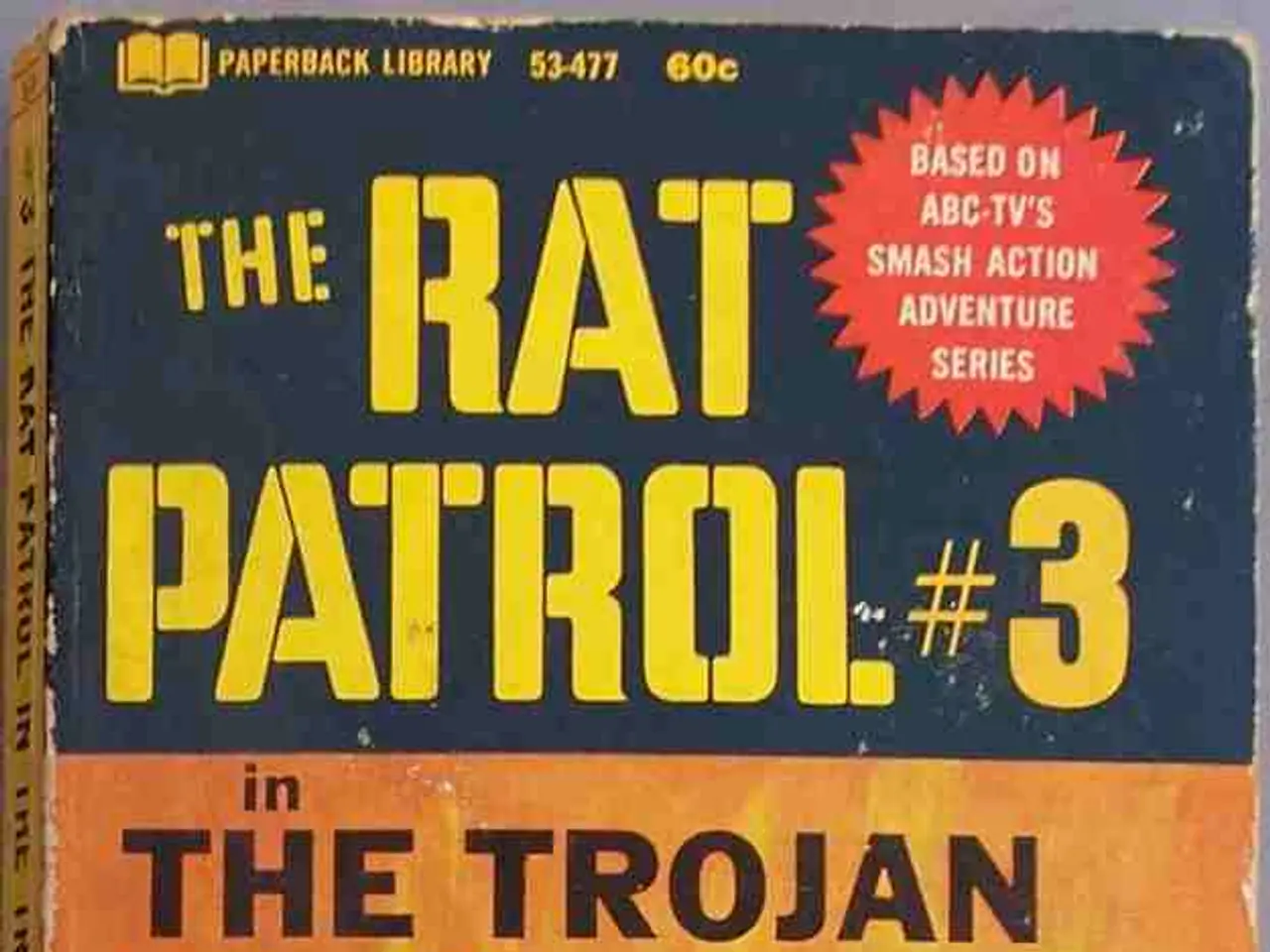Smiley's agent realm persists in the novel "Smiley" by John le Carré
In the world of espionage, few characters have left as lasting an impression as John le Carré's George Smiley. A British secret service agent, Smiley is known for his unglamorous demeanour and profound intelligence, making him a stark contrast to the typical glamorous spy archetypes.
First introduced in the classic "Tinker, Tailor, Soldier, Spy," Smiley was tasked with unmasking a Soviet mole within the British intelligence service, a mission that exposed themes of betrayal, loyalty, and the moral ambiguities of espionage during the Cold War.
Now, over five decades since the events of "Tinker, Tailor, Soldier, Spy," George Smiley returns in a new novel, "Smiley," written by Nick Harkaway, the son of John le Carré. The story is set in 1963, and finds Smiley, who had previously suggested retirement, drawn back into the service.
In "Smiley," Smiley is tasked with interrogating a young Hungarian woman, the publisher's only employee, in a bid to find a missing man and uncover his secret. As he delves deeper into the mystery, Smiley encounters old acquaintances and meets new faces, finding himself right back in the middle of the business of lies, intrigues, treachery, and death.
Unlike typical spy thrillers, "Smiley" presents a protagonist with integrity and moral uprightness. Smiley's strategic moves and dry British humour are reminiscent of his earlier exploits, making for a compelling read that promises to move readers and leave them wanting more.
Stephan Benson's narration of "Smiley" is said to fit the story, the time, and the characters well, bringing a fresh perspective to the world of John le Carré. However, the release of "Smiley" comes at a poignant time, as the creator of the spy thriller genre, John le Carré, passed away recently, leaving a void in the literary world.
Despite the challenges of living up to his father's legacy, Nick Harkaway has managed to breathe new life into the character of George Smiley, offering a realistic and thought-provoking portrayal of espionage that remains relevant today. The western spy network may be crumbling, but the enduring themes of trust, political intrigue, and the human side of intelligence agencies, as explored in "Smiley," continue to resonate with readers.
References: [1] le Carré, J. (1974). Tinker, Tailor, Soldier, Spy. Viking Press. [2] le Carré, J. (1990). The Night Manager. Viking Press. [3] Harkaway, N. (2021). Smiley. Knopf.
- In the midst of their daily lives, readers might find a brief respite from fashion-and-beauty magazine articles or books about the latest lifestyle trends, losing themselves in the gritty, morally complex world of John le Carré's "Smiley."
- As the entertainment industry continues to churn out glossy spy thrillers, the directive on the protection of workers from the risks related to exposure to ionizing radiation, a proposed initiative by The Commission, seems far removed from the dangerous, covert activities experienced by George Smiley.

![Direct Sales of Books: Perspectives from Over 500 Writers [2025 Review]](/en/content/images/size/w1280/format/webp/20250802212615_authors-selling-books-directly.jpeg)

